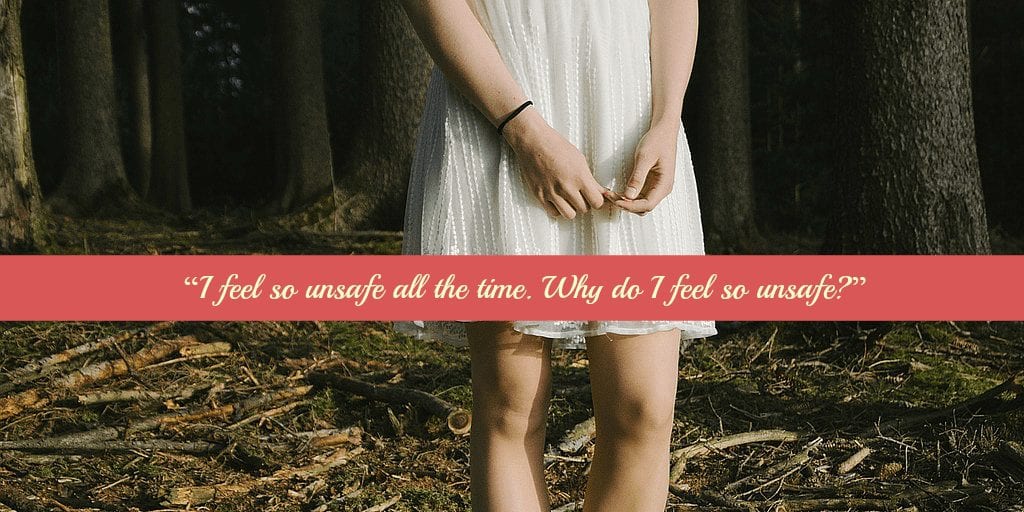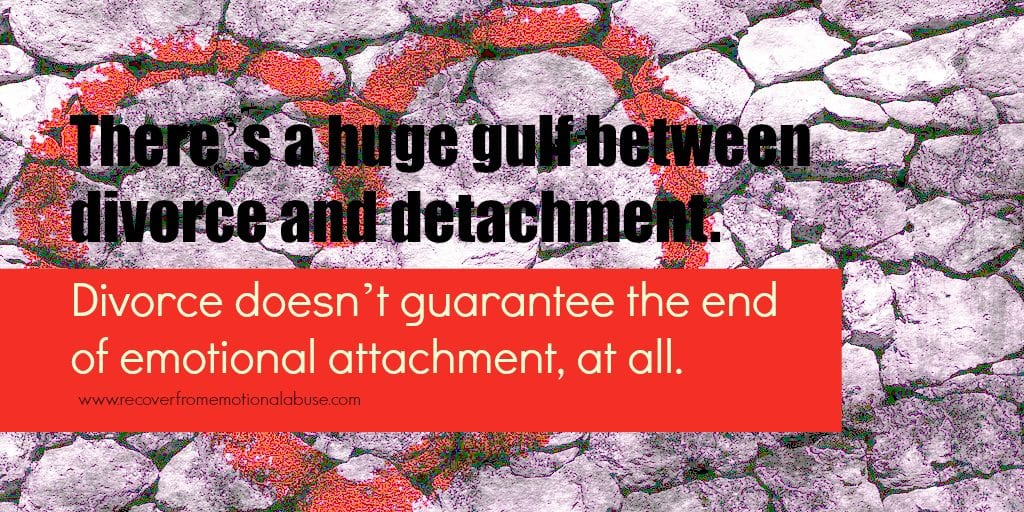Everyone feels anxious, right?
“I feel so anxious all the time. But everyone feels anxious, right?” N. asked me … anxiously.
N’s not a client – she’s a friend that I hadn’t spoken with in a while. Life had got in the way. Now she was telling me about a long-held dream which was just about to come true. Only, she didn’t look radiant: she looked stressed out. Instead of feeling excited, she was incredibly anxious. So anxious that she was thinking of calling off this once-in-a-lifetime opportunity.
She was making a fine job of doing the bog-standard stuff:
- She was catastrophizing for Britain. She was obsessing about Everything-That-Could-Possibly-Go-Wrong – although she had done a fine job of putting checks in place so that it COULDN’T happen.
- She was beating herself up – for feeling anxious
- She kept reminding herself about all the things that she could not be, or do, or have – even though those things were now winging their way to her.
Eventually she said: “I feel so unsafe all the time. Why do I feel so unsafe?”
Great question!
That was the point at which I asked her whether she was okay with me speaking to her as a coach. She didn’t have a problem with that, at all. She just wanted the pain to go away.
Planting my coaching hat firmly on my head, I pointed out to her that her last relationship had been emotionally abusive.
“But” she said, “that was 2 years ago. I should be over it by now – even if it was abusive. Although I’m not sure that it was. My partner was just going through difficult times…”
“And that made it right to take his feelings out on you whenever he felt like it?” I asked.
“Well…” she replied. “The point is, I should be over it by now. My friends are telling me I should go out and find someone new. What do you think?”
I thought that was an extremely bad idea, ans said so.
“Look, N,” I said, “Internet dating is a bruising environment. If you feel anxious and unsafe now, internet dating will only magnify those feelings. Big time.”
“So, what should I do?”
“So, what should I do?” she wailed.
I described the typical emotionally abusive scenario of walking on eggshells, never knowing from one minute to the next what your partner will find fault with.
“What do you think that does to your nervous system?” I asked.
“Yes, but that was two years ago”, she said.
The thing is, your emotions are not chronologically organised. Your unconscious mind has no concept of time: past, and future simply don’t exist for it. Everything takes place in the here-and-now. It all feels terribly real.
What this means in practice is that because Mr Nasty attacked you for, say, not having his dinner on the table, you learn that you can always be attacked – by anyone, anytime – for not putting a dinner on the table at the exact right time.
But it’s not just the pigging dinner, is it? You could be attacked for a ton of things. Mr Nasty could – and would – attack you for pretty much ANYTHING.
So you learned that you could be attacked at any time, for anything.
And because the attacks – in your own home – were so destructive you learned that your very life was always under threat.
That’s why my friend N. was feeling so unsafe.
That’s why every abused woman is left with a belief that she lives in a totally unsafe world in which savage attack is always imminent. That’s why emotionally abused women live in a state of chronic anxiety.
And, no, that is NOT normal.
“What can I do?” N asked me.
You have to detach emotionally
“You have to detach emotionally from your ex”, I said.
“But I have. We don’t see each other anymore”, she replied.
There’s a huge gulf between divorce and detachment. Divorce doesn’t guarantee the end of emotional attachment, at all.
For as long as you’re still stuck in the “How could they…?” you have not detached from them. And for as long as chronic anxiety still blights your world you’re not free of them: you’re not free to have the life you deserve.
N has seen counsellors and therapists without ever getting a clear insight into why she felt as she felt – which means recovery has been a very hard, uphill journey.
It shouldn’t be that way.
Nobody should have to feel anxious like N did. Nobody should have to tell themselves that’s normal.
It’s harmful and unhealthy. .
Anyone can heal. At any time.
Chronic anxiety doesn’t have to be a part of your life. .
Having realized that she is between a rock and a wonderful place, N’s decided she has no more time to waste: she’s committed to learning how she can detach from her whole experience of abuse. Because her dreams, and her happiness, depend on it. That’s how important it is to her.
I know she can do it.
You can, too.

Annie Kaszina, international Emotional Abuse Recovery specialist and award-winning author of 3 books designed to help women recognise and heal from toxic relationships so that they can build healthy, lasting relationships with the perfect partner for them, blogs about all aspects of abuse, understanding Narcissists and how to avoid them and building strong self-worth. To receive Annie’s blog direct to your Inbox just leave your details here.
The 5 Simple Steps to Healing from Narcissistic Abuse
Over the next 5 days, I'll send you some lessons and tips that I've found have really helped women to heal from narcissistic abuse. Starting with the basics.




